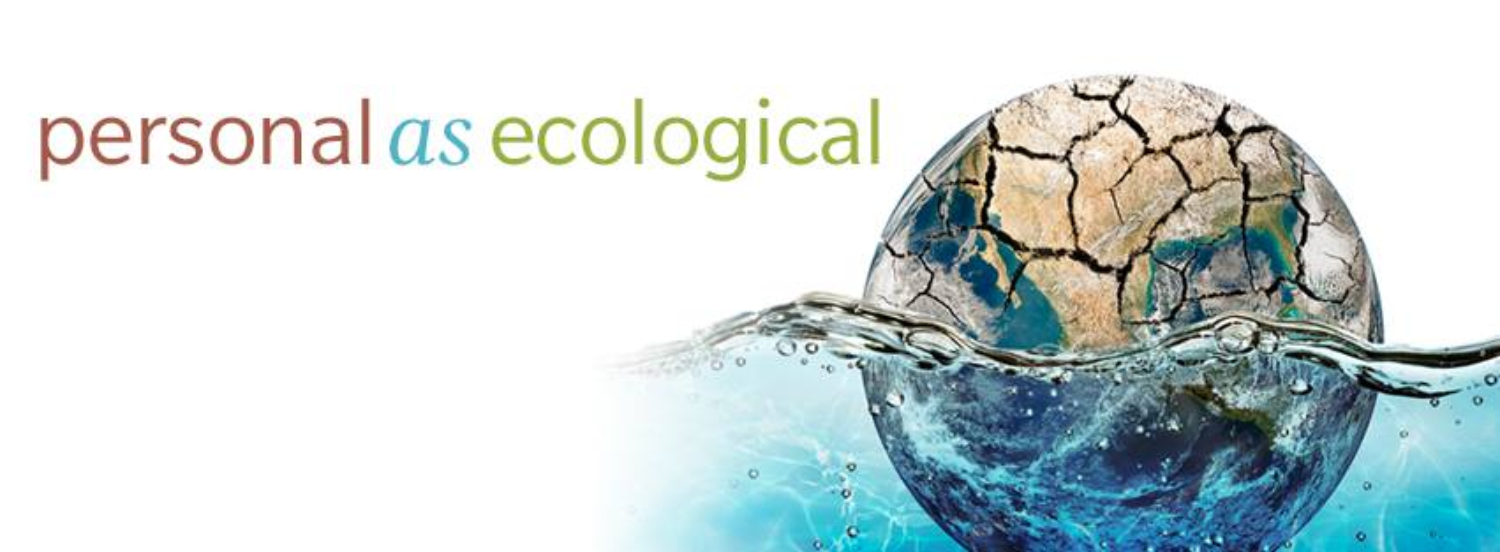Chinese medicine understanding of cancer or any diagnosis attempts to look at the underlying root causes of the condition. So rather than just using, the term cancer for example in Chinese medicine we’re trying to understand where cancer is coming from. So in my training in Chinese medicine and my working with many different people with cancer, I believe a very accurate diagnosis, very accurate understanding of cancer is heat. And if we look at the Western understanding of the condition according to the American Cancer Society, Cancer is the over proliferation of unhealthy cells.
Another way of saying that, the overgrowth of unhealthy cells. Well, one major cause of a lack of health is heat. Another way of thinking about heat internally is inflammation or over stimulation and so what can happen with the cells is after they get very hot and over stimulated usually for an extended period of time they start to grow and they start to spread. So I think a very accurate way to understand and treat the root causes of cancer is to address the heat. Now there’s many different kinds of cancer, there’s many different stages of cancer but with everyone without exaggeration, with everyone who I’ve treated with cancer there has been a really elevated amount of heat and as I see it that again is not a coincidence. It’s not a coincidence that we’re encouraged to value yang over yin, culturally and individually and as a result the planet is warming as the ability of the planet to sequester greenhouse gases has gone down that we now have a cancer diagnosis in our country. That’s not a coincidence because part of what allows us internally to address heat is coolant is yin. So just as the planet is warming and the ability of the planet to hold greenhouse gases has gone down, what happens with cancer in addition to the heat which I think is the predominant issue, the predominant diagnosis what allows the cancer to continue to grow and often to spread or metastasize around the body is the same lack of yin. The yin is the coolant. The yin provides a buffer against pathology and it also allows the body to kind of contain things and prevent things from spreading. So I think in addition to heat, I think a major part of cancer diagnosis is yin deficient heat and again that’s not coincidental, culturally you have the same condition and environmentally we have the same condition as well. So I believe the connection between cancer and climate change is the same diagnosis which is an increase of heat and a decrease of coolant. And I think that’s a very important understanding because the big picture is a little picture and a little picture is the big picture. Just as climate change can be our collective wake-up call, cancer can also be our collective wake-up call.
According to the American Cancer Society which is using data from the National Institutes of Health in the World Health Organization, the rates of cancer are growing consistently and I talked about this in detail in my book on the chapter on cancer. According to the American Cancer Society for the 310– approximately 310 million people now living in the United States, one in two men will be diagnosed with cancer in their lifetime, one in three women will be diagnosed with cancer in their lifetime. Of the 310 million of us now in the United States that lives, a hundred and twenty-five million cancer diagnosis in our lifetime. 125 million, those are the diagnosis, those of us who will die from cancer. One in four men will die from cancer in their lifetime and one in five women will die from cancer in their lifetime. That’s about 72 million of us will die from cancer in a lifetime. The fact that the underlying causes of cancer is heat and the fact that the planet is warming is very important because it’s the same thing, it’s the same diagnosis, cancer is heat, climate change is heat. And what those severe conditions climate change in cancer really in my opinion, in my perspective what they’re trying to do is get our attention rather than saying climate change is bad or saying cancer is bad. I believe what both of those things are is potentially our collective wake-up call that if we continue to go down the same path run we’re in all likelihood going to have more cancer and we’re going to have a planet that is consistently and rapidly destabilizing and becoming less and less habitable. So the rates of cancer that are increasing dramatically really mirror the warming of the planet in both of those rather than being a good thing or a bad thing the issue of cancer and the issue of climate change can really be our collective wake-up call and I believe that that’s what they are and I believe that they really have the opportunity to bring us individually and collectively more into health and balance.
